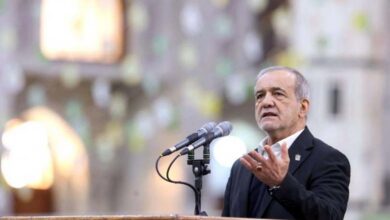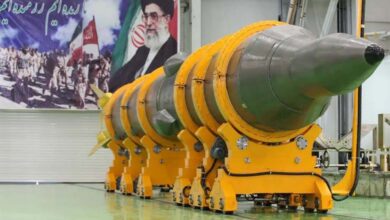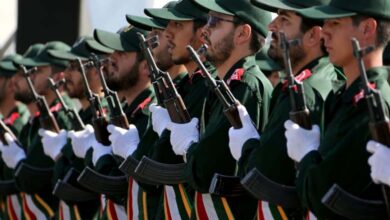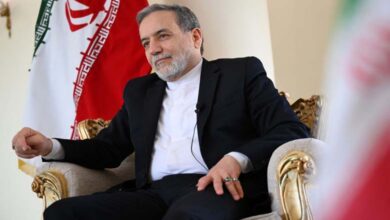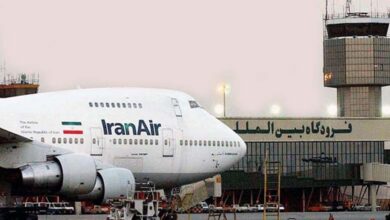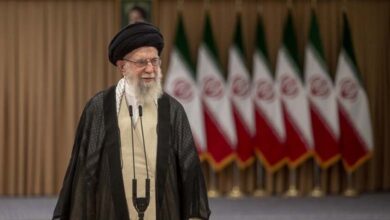Iran is deceiving the world by stopping morality police work and using other repressive tools

There are new signs that Iran’s extremist rulers have constrained their morality police force that sparked nationwide protests last September, but researchers say the curtailment is not actual — and merely reflects a shift in the government’s tactics of suppressing dissent with other tools.
Partial closure
VOA confirmed that according to a letter from Roya Borumand, co-founder of the Washington-based rights group Abdul Rahman Boromand, she received unconfirmed evidence that morality police were not deployed in some wealthy neighborhoods of the Iranian capital, where the planned white and green everywhere Morality Police buses had disappeared unseen on the streets of Tehran since September 16, the date when Mahsa Amini, a 22-year-old Iranian Kurdish woman, died in the custody of morality police three days after her arrest and, according to activists, was beaten for allegedly not wearing headscarves, and news of her death sparked an ongoing nationwide outcry in one of the greatest challenges to the Islamic Revolution since 1979.
The entrance to Tehran’s Morality Police building on Fawzara Street has been closed or partially closed since 16 September, and Iran’s ruling Shia clerics have asked all women and girls older than 9 years to cover their hair in public since the 1979 revolution, creating the morality police to enforce those rules in the mid-2000s, the aggressiveness of morality censorship in Iran has fluctuated over the years, but intensified under Iran’s ultra-conservative President Ebrahim Raisi, who took office in 2021.
An Iranian Trick
According to the US network, it seems that anger in Iran over Amini’s alleged violent treatment by morality police, and the rapid shift of this anger to demands by protesters to end extremist rule, has pressured the government to curtail some of the activities of morality police. “Iranian security forces are overstretched and their strategy in Tehran at least, it may be that not provoking public opinion by detaining a girl walking without a veil, for example, they may not want to be photographed dragging someone uncovered in a truck,” Boromand said. “However, the security forces do not necessarily back down in the face of demonstrators.”
Ameri Moghaddam, a political activist, said that Iranian leaders have prioritized deploying these forces to control the country’s most important protests. He said they are trying to rebuild their fearsome public reputation, which has collapsed since the protests began, and that there is only one way to do this, with death sentences and executions of protesters in public squares. In another sign of diminishing moral control in Iran’s main cities, women in those cities seem to be more outspoken about violating mandatory hijab rules.


